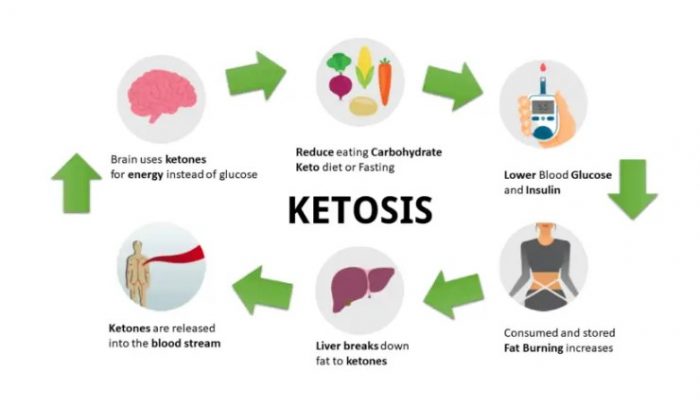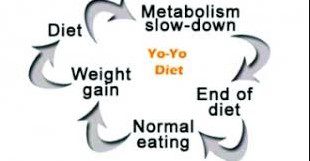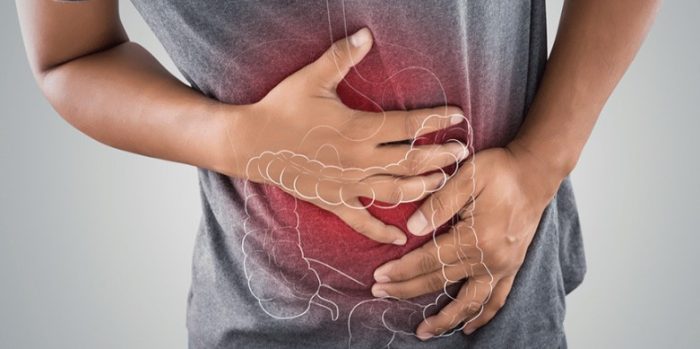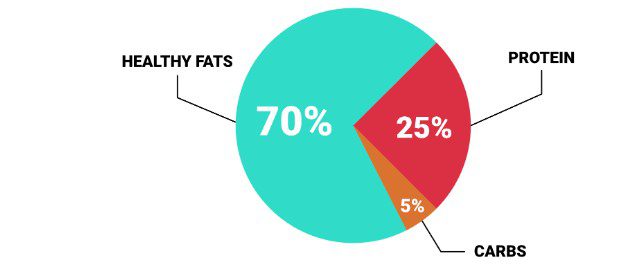The most important benefit of the keto diet is understanding its risks.

The ketogenic diet is slowly becoming a fad among nutritionists mainly due to its weight-loss and endurance benefits. However, there remains a grey area regarding the dangers you’ll likely face once you go keto. Below we look at how adopting a strict keto lifestyle may adversely impact your well-being.
Key Takeaways
- A keto diet reduces your carbs intake and increases fat intake to limit glucose supply and provide a source of alternative energy.
- The drastic reduction of carbs intake helps the body utilize stored fats, thus reducing your overall mass.
- Potential risks associated with a keto diet include hypoglycemia and nutrient deficiency.
What is a Ketogenic Diet?
Normally, the body gets energy from glucose broken down by the carbohydrates we eat. The body can also get energy from stored fat, but glucose is simple to acquire and utilize. So, the only time the body will turn to stored fat for energy is when glucose is in short supply. A keto diet reduces your carbs intake and increases fat intake to limit glucose supply and provide a source of alternative energy. This translates to about 5-10% of your daily calories from carbs, 20-30% from protein, and over 75% from fat.

The drastic reduction of carbs intake helps the body utilize stored fats, thus reducing your overall mass. This will likely make you fit, flexible, and lighter to handle physical activities more efficiently. Most importantly, reducing glucose in your body can significantly help maintain low blood sugar levels: a crucial health measure, especially if you have diabetes. With the benefits clear and well embraced, these keto diet risks should inform your decision on whether to proceed or retreat.
Potential Risks Associated with A Keto Diet
Luckily, you have many diet options to manage your weight and enhance endurance and blood sugar. So, you don’t have to give up on your ambitions if you find the keto diet too risky. Besides, you’re advised to consult your primary care provider before getting into a demanding endeavor like the keto diet.
-
The Keto Flu
The term “Keto Flu” is used to describe the experience during the transition period to the keto lifestyle.

As you reduce your carbs intake, the glucose in your body depletes, and the body begins transitioning to stored fat for energy. You’ll likely experience flu-like symptoms like diarrhea, heart palpitations, dizziness, fatigue, and headache at this stage. It takes about two weeks for your body to get on the keto track, so you better plan ahead with your work or studies. Besides, you can start the new diet gradually instead of rushing to implement the new changes.
-
Dangerously Low Blood Sugar
Hypoglycemia is the medical term used to describe dangerously low blood sugar. Since carbohydrates are the source of glucose, cutting them drastically in a keto diet could crash your sugar level and leave you in a risky health condition.

This is why you must discuss any dietary change with your primary care provider, especially if you have diabetes or other chronic conditions. Your doctor will advise on possible risks depending on your health status and closely monitor you as you transition. Besides, they’ll make the necessary adjustments to your medication to keep the blood sugars in check.
-
Nutrient Deficiencies

The controlled dieting in ketogenic lifestyle is likely to omit other crucial micro nutrients. Being a low-carb diet, it can deprive the body of nutrients such as vitamin D, folate, magnesium, and iron. For this reason, keto-peeps have resorted to keeping a diet record to ensure they cater to missing nutrients. For example, after quitting regular bread, you can make it up for the calcium with keto-friendly alternatives such as broccoli or chia seeds. Whatever your strategy, be sure to follow your plan meticulously and provide all the necessary nutrients to benefit from the keto diet and prevent nutrient deficiencies in the long term.
-
Weight Cycling
If you’re starting a ketogenic diet to manage your weight, you’ll likely end up in a cycle. The strict keto diet drastically reduces your weight, and once you hit your target, it seems unnecessary to continue with the demanding lifestyle. Resuming your old habits and increasing carbs intake will likely lead to weight gain and back again to strict dieting.

The gaining and losing weight over and over is called weight cycling or yo-yo dieting. This cycle is known to harm cardiovascular health, especially among middle-aged women. So, to avoid getting into the cycle, maintain your weight even after you quit keto.
-
Constipation
Adjusting your diet will likely cause gastrointestinal effects, especially when replacing grains and fruits with fats. Besides, the fiber from fruits and starchy veggies is crucial in digestion and eliminating them in a keto diet can lead to constipation and diarrhea.

In this case, you should add fiber-rich foods like berries, broccoli, and nuts. Other remedies for constipation include bowel training and brisk walking after meals.
-
Too Much Animal Fat and Protein Could Be Harmful
The Keto diet’s emphasis on fats and protein is itself a risk to your overall health.

The high volume of fat deposited in your body through this diet could be dangerous for people diagnosed with cardiovascular disease. So, if you have heart problems or risk factors, consider consulting further before subscribing to the keto lifestyle. Moreover, diets with high amounts of saturated fats affect blood cholesterol, raising the risks of developing cardiovascular diseases.
Think About It
Due to the health risks involved in a ketogenic diet, you should only proceed if you have no underlying conditions or risk factors and have a nod from your doctor. The Keto diet’s elimination of some nutrients and favorite foods makes it hard to follow, reached a milestone. This has seen many people stick to a weight cycle where a permanent solution just seems beyond grasp. Chiefly, a health professional will be the best guide on whether to proceed or abort.


